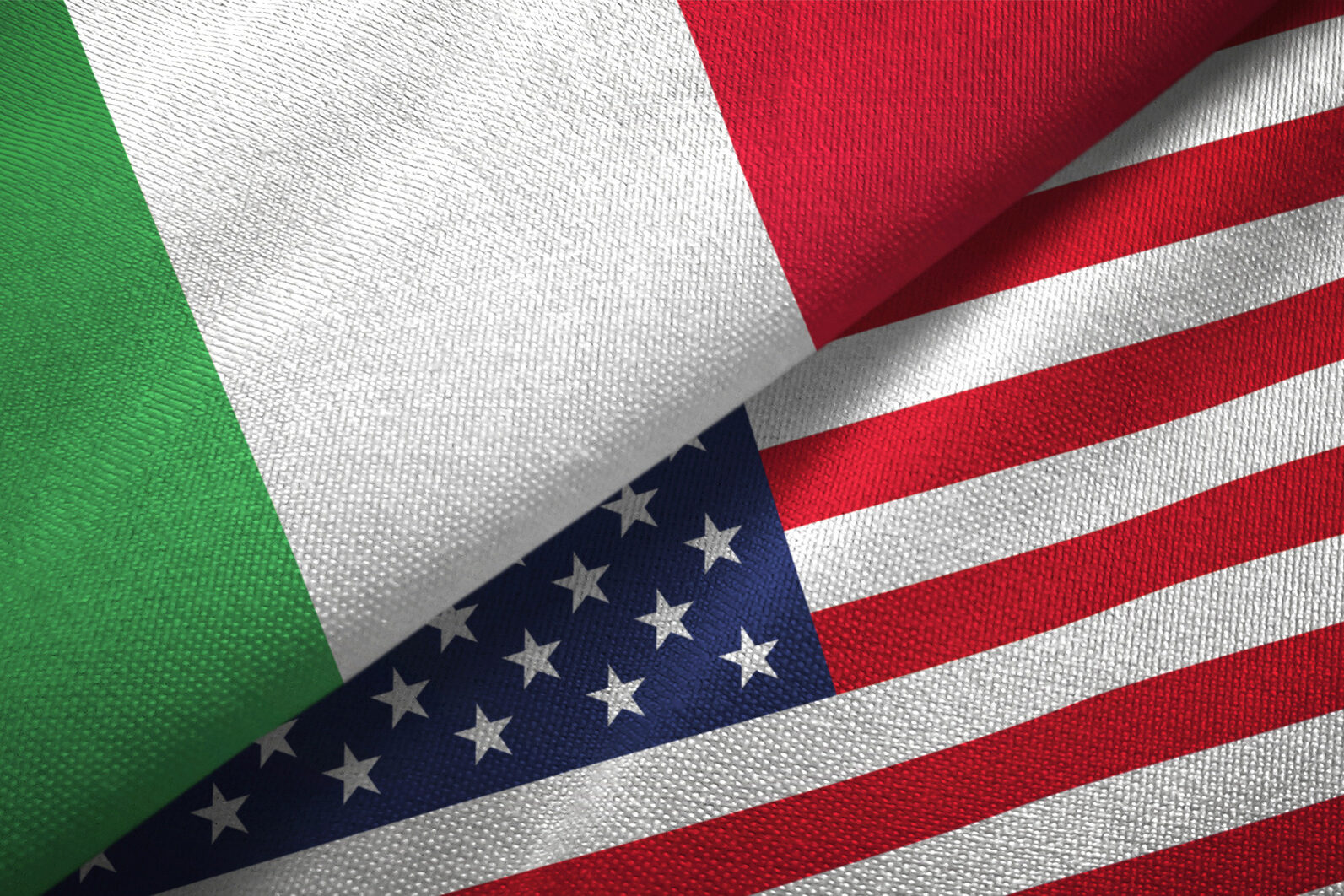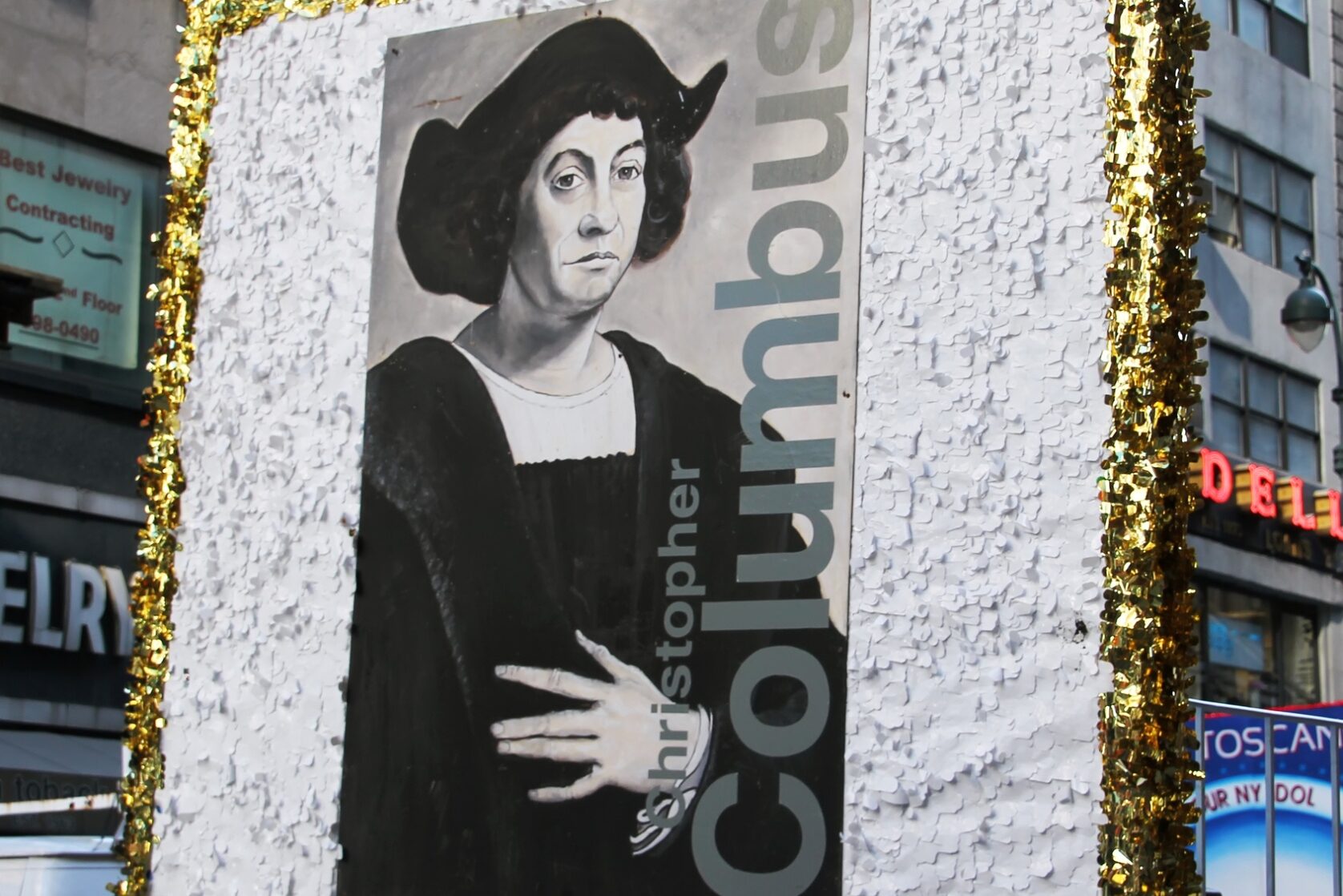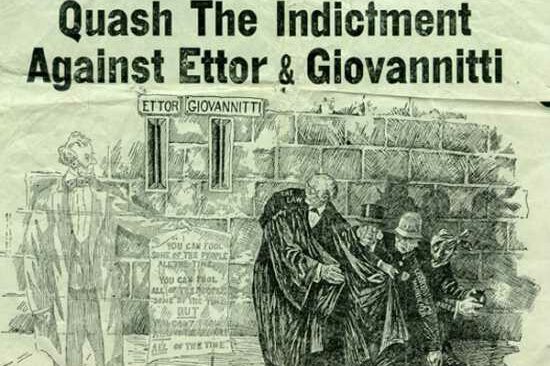Dear Readers,
May jottings with an Italian Connection:
Mother’s Day, Sunday, May 14th, calls for a toast. Here is one shared with me by the late Frank Befera of Duluth, Minnesota: “Here’s to the happiest hours of my life, spent in the arms of another man’s wife: my mother!”
***
Mother’s Day is a modern American invention, created by a West Virginia schoolteacher whose devotion to her own mother was augmented by what she saw as the ill-treatment of many elders by their children. When Anna Jarvis’ mother died in 1905, she petitioned ministers, businessmen, and Congressmen to support a national day honoring mothers. Three years later, West Virginia became the first state to proclaim a national day of observance, and within a year, the rest of the nation followed suit.
In 1914, President Woodrow Wilson officially established the second Sunday of May as Mother’s Day.
***
Antonio Meucci was finally recognized as the first inventor of the telephone (1849) by the United States Congress in its resolution numero 269, presented by Congressman Vito Fosella in 2002. Unfortunately, many of the fathers and grandfathers who told us disbelieving Italian-American bambini this factual bit of history, are no longer around to revel in this belated recognition and proudly say: “I told you so.”
Meucci was born in 1808 in San Frediano, near Florence, Italy. He was a highly inquisitive individual and, with two lifelong friends (Lorenzo Salvi, a distinguished tenor, and Ester Mochi, a skilled dressmaker who became his wife) he decided to sail to Cuba to further their careers in opera, as this form of art was rapidly advancing on the island. On October 5, 1835, they boarded the Coccodrillo, a former pirate ship, joined by eighty-one passengers, and arrived in Havana, Cuba, on December 16.
Meucci’s first job was to work on the new opera house, including improvements to the proposed acoustics. His life in Cuba was a happy one and he stayed there for over 13 years.
In 1848, a historic event occurred: the human voice instigated by Meucci was transmitted through wires. For his invention, Meucci was inspired by necessity. His wife suffered severely from arthritis and spent most of her time in her bedroom. His initial telephone, crude as it may have been, allowed Meucci to communicate with his wife, from her bedroom to his office. By 1850, Meucci had decided to move to New York City to devote more time to advancing his telephone designs rather than following his technical opera expertise.
Circa 1876, Antonio learned that Alexander Graham Bell had been awarded a telephone patent and realized that Bell had stolen his telephone design. After years of debate, the US Circuit Court in New York City decided, in 1887, in favor of Bell. Meucci had filed a patent caveat for a telephone in 1871, but patent caveats were supposed to be renewed annually. He did not do so, allowing Bell to obtain a patent in March 1887.
We little Italian-American bambini never heard or read a word about Meucci in school. Thanks to the Italian press, though, the old-timers knew that Meucci was robbed.
Antonio Meucci’s home on Staten Island has been preserved and is called Garibaldi-Meucci Museum. Garibaldi, the unifier of Italy, was a guest at Meucci’s home for a time.
***
King Vittorio Emanuele III ascended to the Royal Italian throne in 1900, abdicated on May 9, 1946, and was exiled in 1948. A quiet, unimaginative family man, Vittorio Emanuele was notoriously indecisive on matters of state and proved only too willing to let Benito Mussolini, his aggressive, strong-willed Prime Minister, run things.
***
Florence Nightingale was born on May 12, 1820, in Florence, Italy. She was called “the lady with the lamp,” because at night this English nurse carried a lamp through a hospital filled with wounded soldiers during the Crimean War (1854). She was the subject of Santa Filomena, a poem by Longfellow. The founder of scientific nursing, she died in 1910.
***
Ignazio Silone, the author of Fontamara, wrote most of his books after his break with communism. They are bitter, tragicomic stories of the life of Italian peasants attempting to resist the inroads on their lives by the corrupt officialdom of the Fascist era. He is venerated first of all as a political fighter who defied the Fascists first and then the Communists. He weathered conspiracy and exile and never failed to cry out against oppression.
Cari lettori,
Note di Maggio con una Italian Connection:
La festa della mamma, domenica 14 maggio, prevede un brindisi. Eccone uno condiviso con me dal defunto Frank Befera di Duluth, Minnesota: “Ecco le ore più felici della mia vita, trascorse tra le braccia della moglie di un altro uomo: mia madre!”
***
La festa della mamma è un’invenzione americana moderna, creata da un’insegnante del West Virginia la cui devozione per la madre è stata accresciuta da quello che vedeva come il maltrattamento di molti anziani da parte dei figli. Quando la madre di Anna Jarvis morì nel 1905, fece una petizione a ministri, uomini d’affari e membri del Congresso per sostenere una giornata nazionale in onore delle madri. Tre anni dopo, il West Virginia divenne il primo Stato a proclamare una giornata nazionale di osservanza e, nel giro di un anno, il resto della nazione seguì l’esempio.
Nel 1914, il presidente Woodrow Wilson istituì ufficialmente la seconda domenica di maggio come festa della mamma.
***
Antonio Meucci è stato finalmente riconosciuto come il primo inventore del telefono (1849) dal Congresso degli Stati Uniti nella sua risoluzione numero 269, presentata dal deputato Vito Fosella nel 2002. Sfortunatamente, molti dei padri e dei nonni che ci hanno raccontato a noi bambini italo-americani increduli questo pezzo di storia fattuale, non sono più in giro per godersi questo riconoscimento tardivo e dire con orgoglio: “Te l’avevo detto”.
Meucci nacque nel 1808 a San Frediano, vicino a Firenze, in Italia. Era un individuo molto curioso e, con due amici di una vita (Lorenzo Salvi, un illustre tenore, ed Ester Mochi, un’abile sarta che divenne sua moglie) decise di salpare per Cuba per proseguire la loro carriera nell’opera, poiché quella forma d’arte stava avanzando rapidamente sull’isola. Il 5 ottobre 1835 salirono a bordo della Coccodrillo, un’ex nave pirata, con ottantuno passeggeri, e arrivarono a L’Avana, Cuba, il 16 dicembre.
Il primo lavoro di Meucci fu quello del nuovo teatro dell’opera, che comprendeva miglioramenti all’acustica. La sua vita a Cuba fu felice e vi rimase per oltre 13 anni.
Nel 1848 avvenne un evento storico: la voce umana incanalata da Meucci fu trasmessa attraverso i fili. Per la sua invenzione, Meucci si ispirò alla necessità. Sua moglie soffriva gravemente di artrite e trascorreva la maggior parte del tempo nella sua camera da letto. Il suo primo telefono, per quanto rozzo potesse essere, permetteva a Meucci di comunicare con sua moglie, dalla sua camera da letto al suo ufficio. Nel 1850, Meucci aveva deciso di trasferirsi a New York City per dedicare più tempo all’avanzamento dei suoi progetti telefonici piuttosto che seguire la sua esperienza tecnica nell’opera.
Intorno al 1876, Antonio venne a sapere che Alexander Graham Bell aveva ottenuto un brevetto telefonico e si rese conto che Bell aveva rubato il suo prototipo di telefono. Dopo anni di dibattiti, nel 1887 la Circuit Court degli Stati Uniti a New York decise a favore di Bell. Meucci aveva presentato un brevetto per un telefono nel 1871, ma i brevetti dovevano essere rinnovati ogni anno. Non lo fece, permettendo a Bell di ottenere un brevetto nel marzo 1887.
Noi piccoli bambini italo-americani non abbiamo mai sentito o letto una parola su Meucci a scuola. Grazie alla stampa italiana, però, gli anziani sapevano che Meucci era stato derubato.
La casa di Antonio Meucci a Staten Island è stata conservata ed è chiamata Museo Garibaldi-Meucci. Garibaldi, l’unificatore d’Italia, fu per qualche tempo ospite in casa Meucci.
***
Re Vittorio Emanuele III salì al trono italiano nel 1900, abdicò il 9 maggio 1946 e fu esiliato nel 1948. Padre di famiglia tranquillo e privo di fantasia, Vittorio Emanuele era notoriamente indeciso sulle questioni di Stato e si dimostrò fin troppo disposto a lasciare che Benito Mussolini, il suo primo ministro aggressivo e volitivo, dirigesse le cose.
***
Florence Nightingale nacque il 12 maggio 1820 a Firenze, in Italia. Era chiamata “la signora con la lampada”, perché di notte questa infermiera inglese portava una lampada attraverso un ospedale pieno di soldati feriti durante la guerra di Crimea (1854). Fu il soggetto di Santa Filomena, una poesia di Longfellow. Fondatrice dell’infermieristica scientifica, morì nel 1910.
***
Ignazio Silone, autore di Fontamara, ha scritto la maggior parte dei suoi libri dopo la sua rottura con il comunismo. Sono storie amare e tragicomiche della vita dei contadini italiani che tentano di resistere alle incursioni nelle loro vite da parte della burocrazia corrotta dell’era fascista. Viene venerato prima di tutto come combattente politico che sfidò prima i fascisti e poi i comunisti. Ha resistito alla cospirazione e all’esilio e non ha mai mancato di gridare contro l’oppressione.
***
































